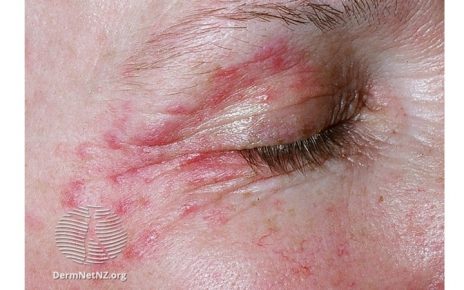These cells have the potential to renew themselves indefinitely.
Science News reports that recent studies have found that our skeletal stem cells contain building blocks that could further treatment for joint repairs and bone diseases.
Stem cells are types of cells called “undifferentiated cells.” They can specialize and produce more cells through mitosis. These cells create bones and cartilage. They also create spongy bone that can comprise both fetal and adult bone, fat, and bone marrow. The team of scientists behind the study not only located these cells, but they also reconfigured cells of healthy adults so that they became skeletal stem cells. In other words, they were able to get these cells to grow in the lab. This means that, someday, we might be able to grow bone tissue easily and be able to heal broken bones faster.
There are two main kinds of stem cells: adult, which you’ll find throughout the body, and embryonic, which, like the name implies, you find in a human embryo.
A supply of these stem cells could significantly speed up bone repair, which, in most cases, takes anywhere from a month and a half to six months.

This could mean a big step forward for reconstructive surgery, bone disease treatment, and cartilage repair.
However, Harvard geneticist Clifford Tabin has cautioned against getting ahead of ourselves when it comes to these findings. Tabin was not part of the team of researchers in the study.
“The current study is an extremely important advance, but there is work to be done before [skeletal stem cells] can contribute to changing the landscape of orthopedic medicine.”
Tabin did acknowledge that despite the progress that still has to be made, this study does herald an exciting new era in producing human stem cells that will allow for such growth.
The ability to grow skeletal stem cells in a dish from human bone, he says, “is particularly promising, as you can grow as many of these as you wish.”
In 2016, a study found that stem cells from pig fat tissue helped grow bone, as Science News also reported. These Yucatán minipigs were able to produce jaw bone grafts that did much better than similar grafts implanted without the fat tissue stem cells. This means that animals can be used to grow what we needed to more efficiently replace or repair old or broken bones.
Source: Read Full Article



